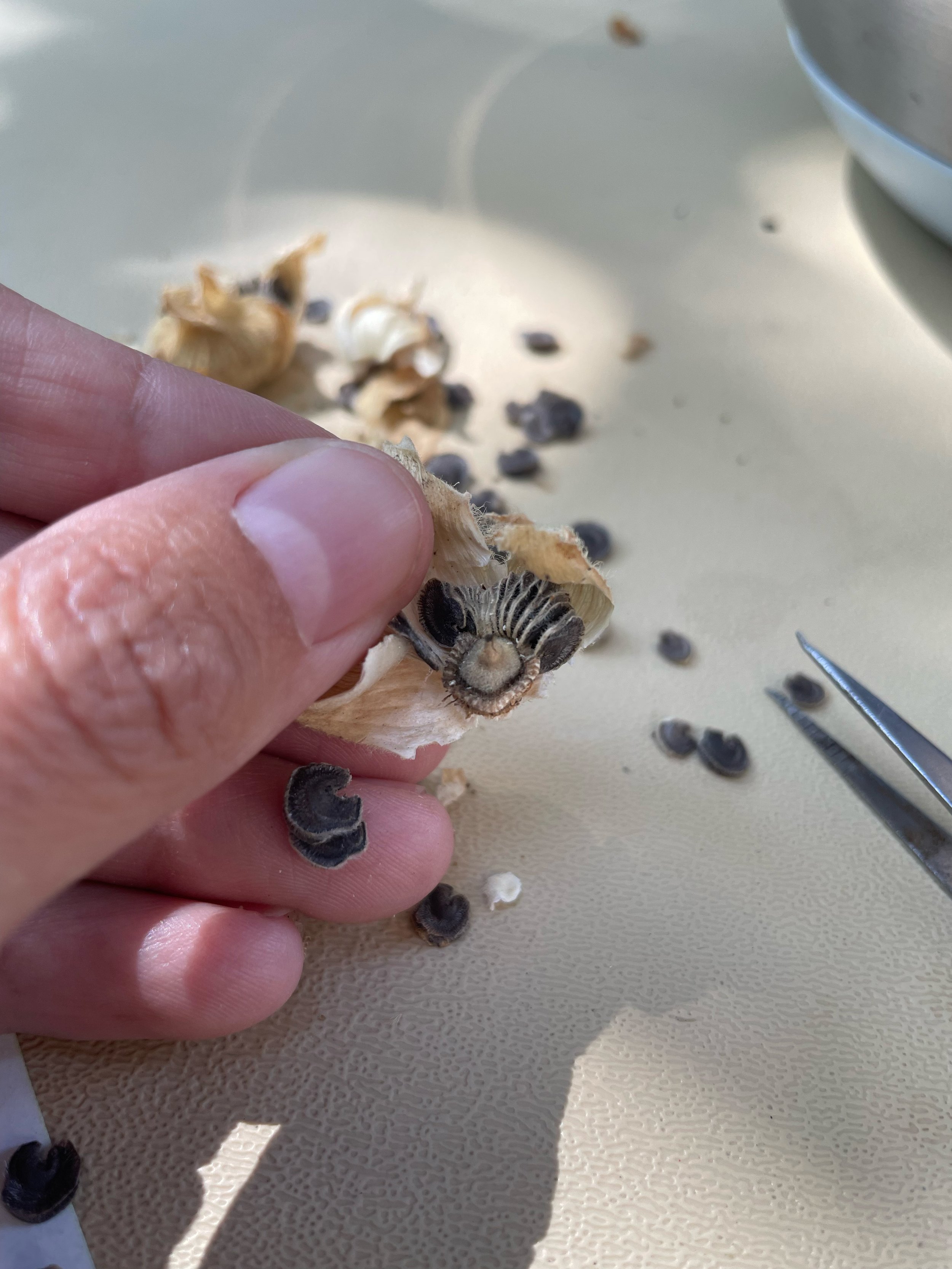
With over 7,000 species of plants, California is the most biodiverse region in the United States, but we are suffering from biodiversity loss at a staggering rate; native species in California have declined by 20 percent, and hundreds of species are at risk of extinction. While seed banks are not uncommon, the vast majority store agricultural crops and edible seeds. State and Federal seed banks are largely focused on forest conservation, but overlook valuable understory plants. With more than 350 million hectacres of opportunity for restoration across the contiguous country, and an estimated 1.9 billion tons of native seed needed, the gap between the seed we have and the seed we need is far too big. The Global Strategy for Plant Conservation has even named seed banking one of the most important endeavors of our time.
Native seed banking is a critical endeavor that protects biodiversity, ensures against major climatic events and degradation of natural areas, fosters resilience, and supports longevity. By creating a network of seed banks, we can create redundancy in conserved seed populations, stored in community across the Los Angeles basin.
Distinct from seed libraries, which support urban yards and developed green spaces through autonomous community hubs, native seed banks act as an insurance policy for hyperlocal native seeds in natural spaces and wildlands. Seeds stored in seed banks must be dehydrated properly for effective conservation; if stored correctly, plant lineages from natural areas could be preserved and reseeded in the wake of wildfires or other major climatic events. However, great care and training must be taken to ensure that seed is responsibly collected, effectively dehydrated and stored, and tested regularly over the years. With over 7,817 wildfires since 2020 alone, seed vaults should be established with intention, ensuring resilience in the event of natural disasters.
Altadena Seed Library acts as a consultant and advisor on seed banking, and offers training for organizations seeking to establish novel seed banks.
